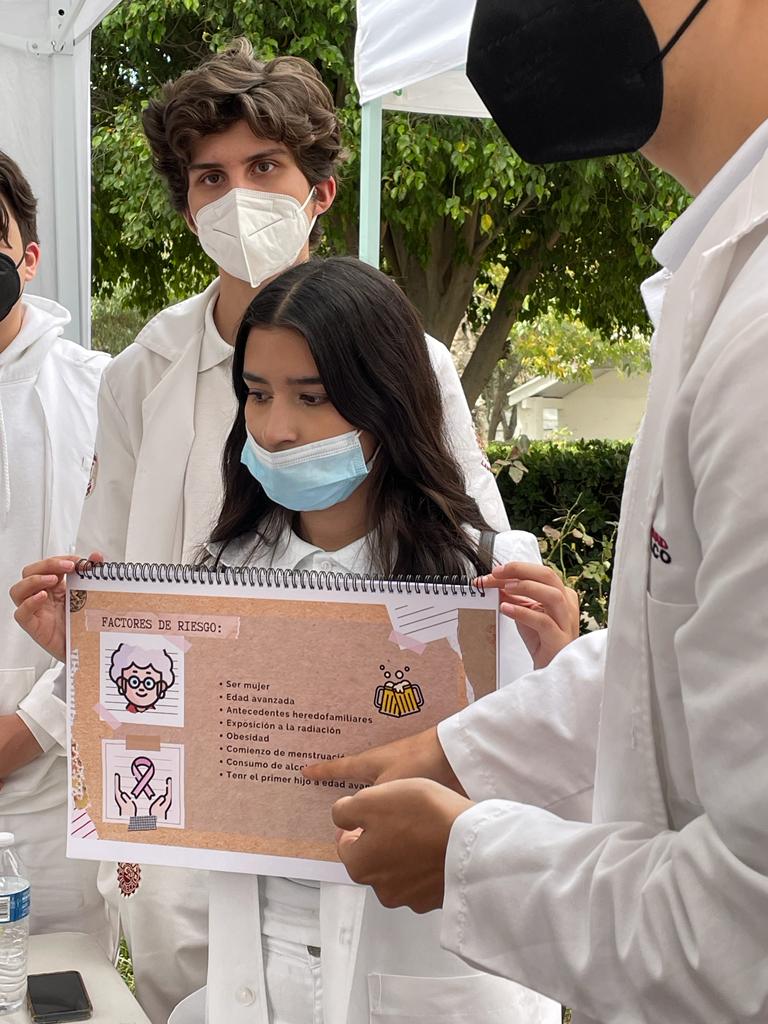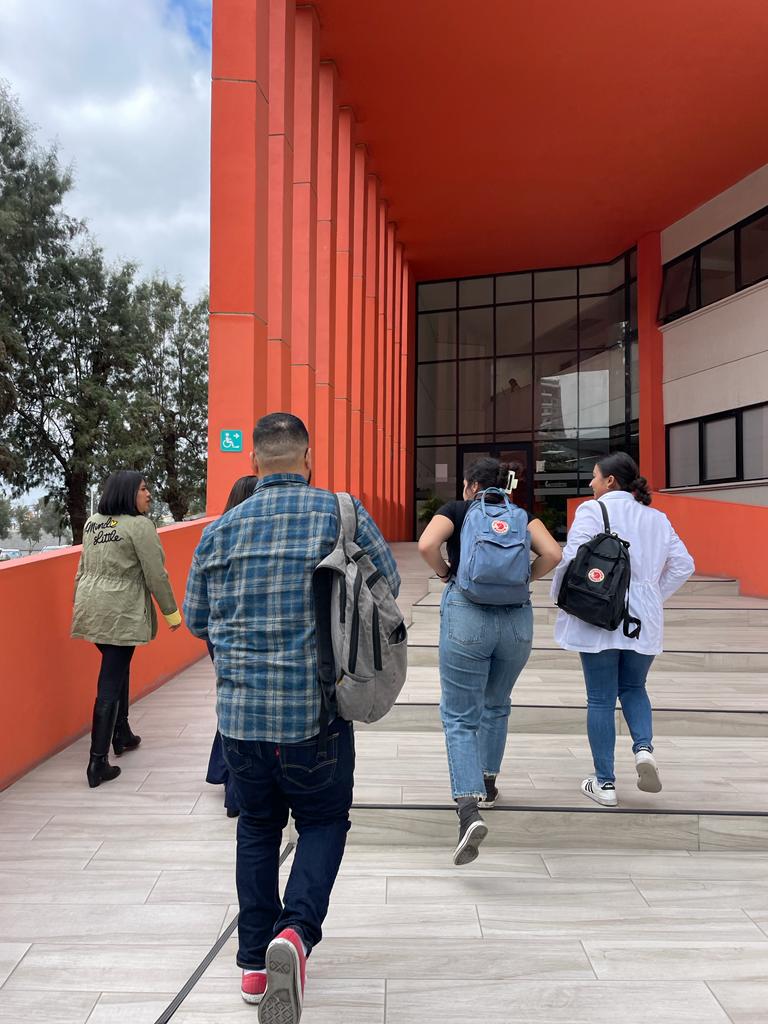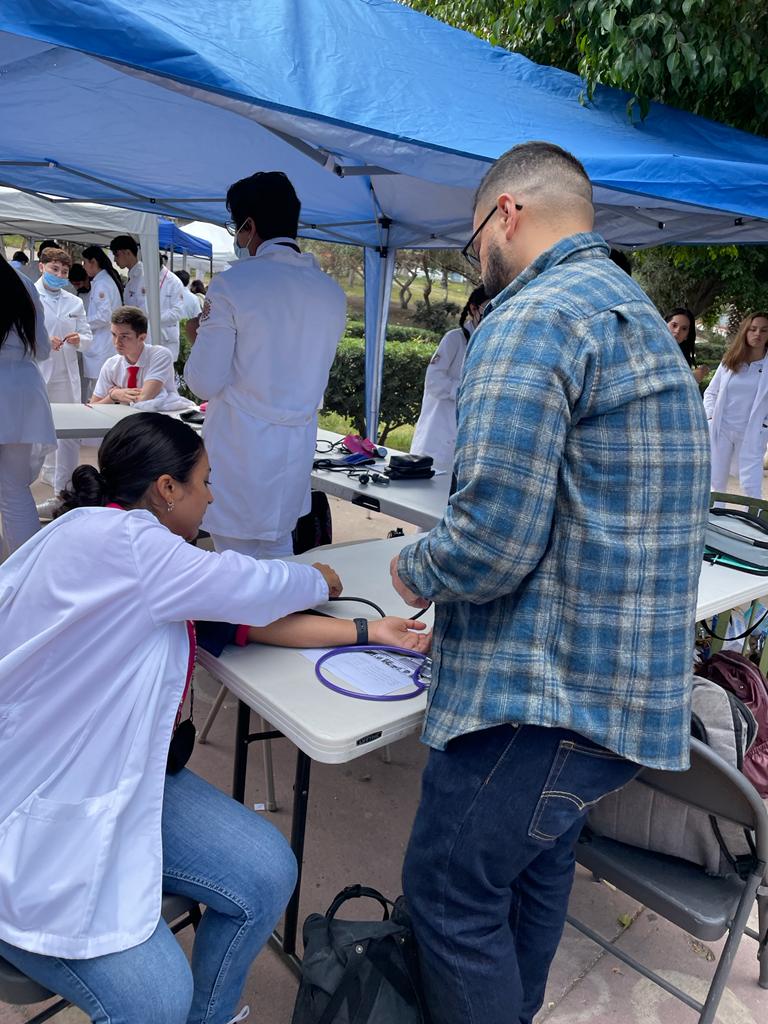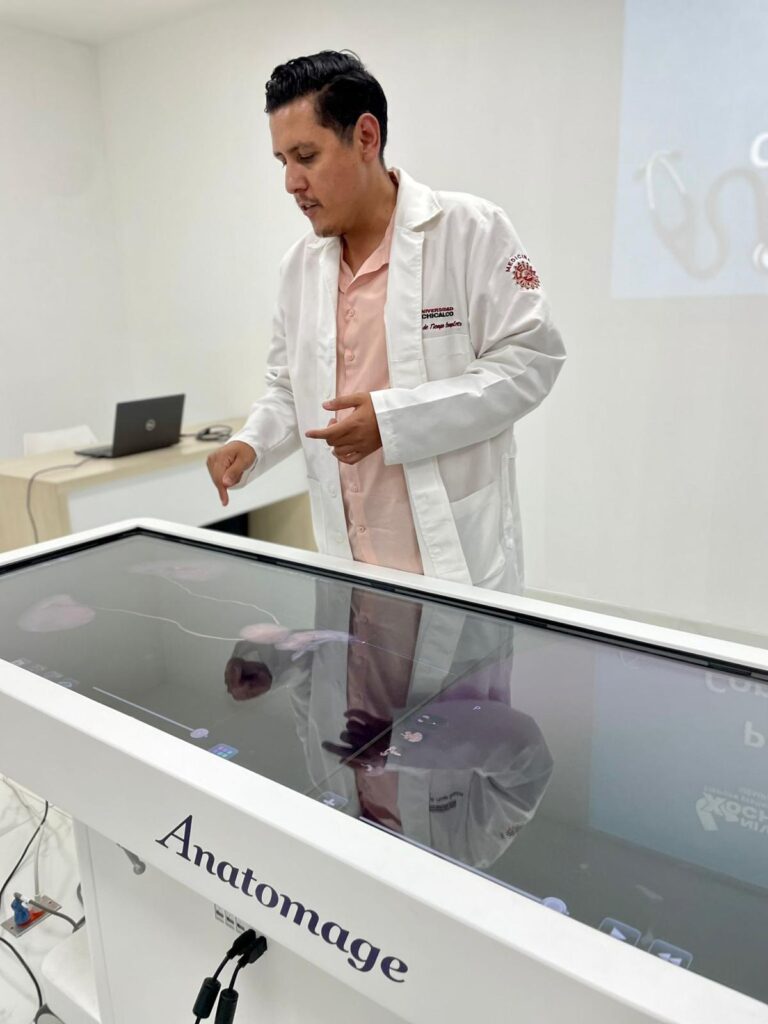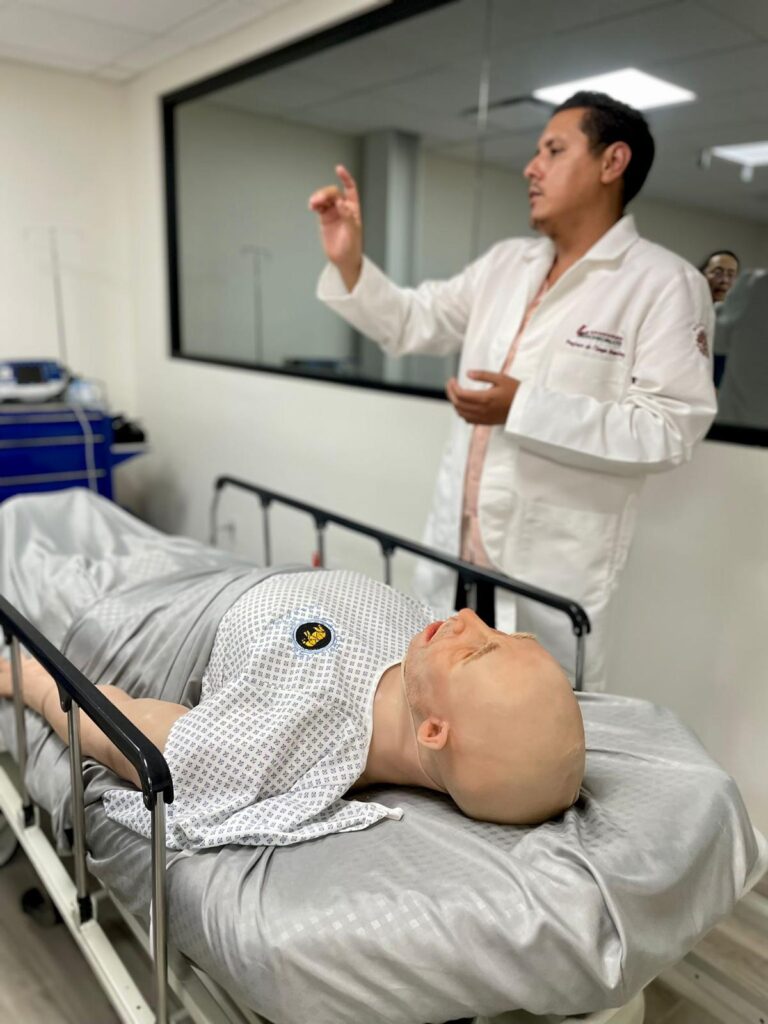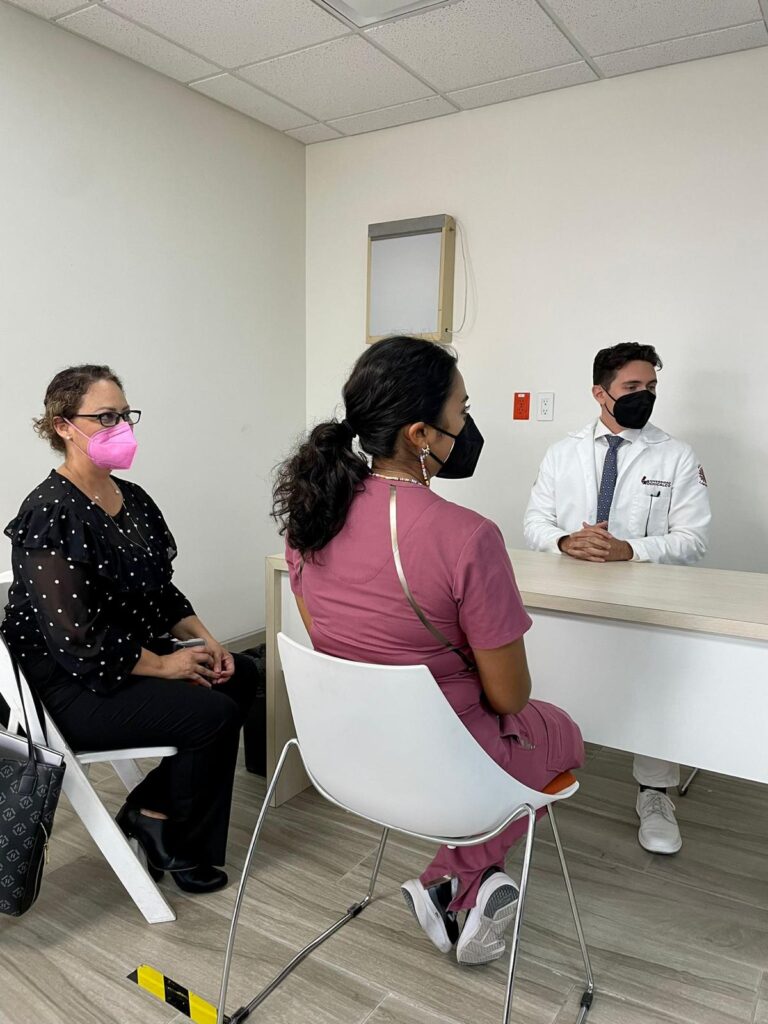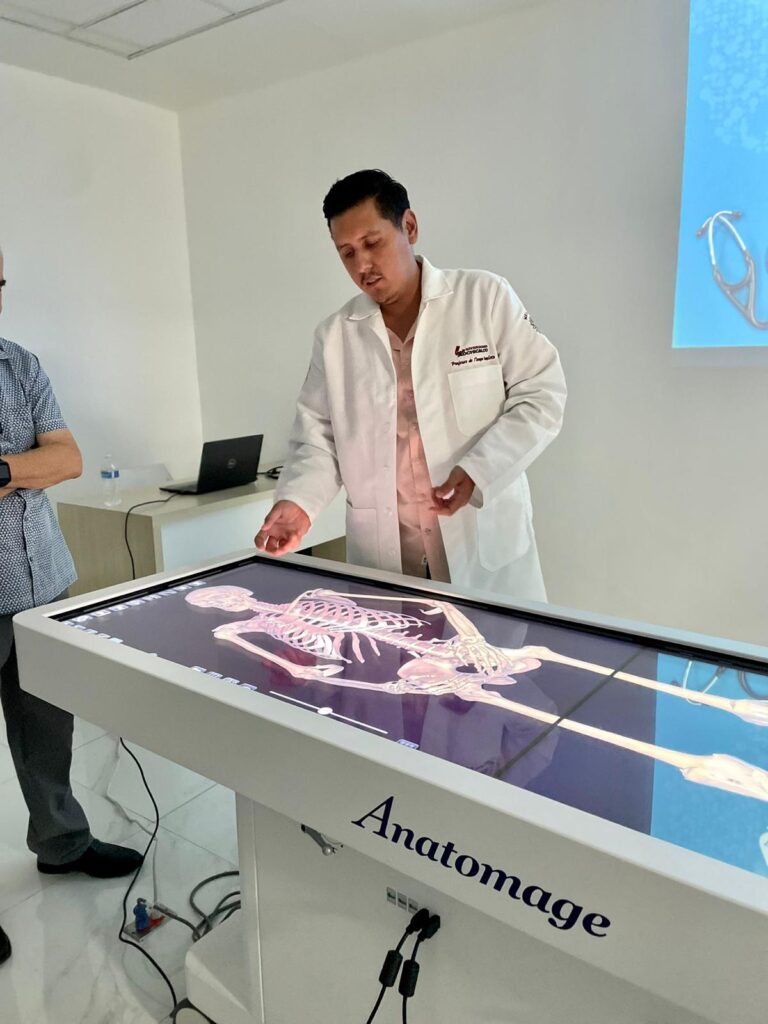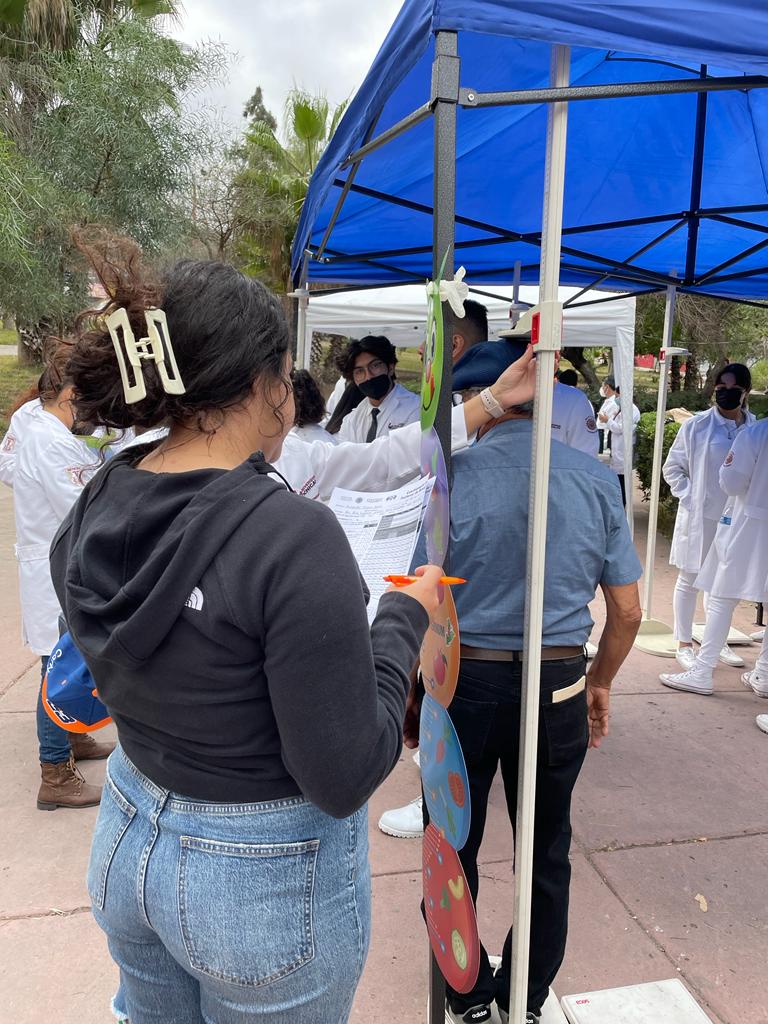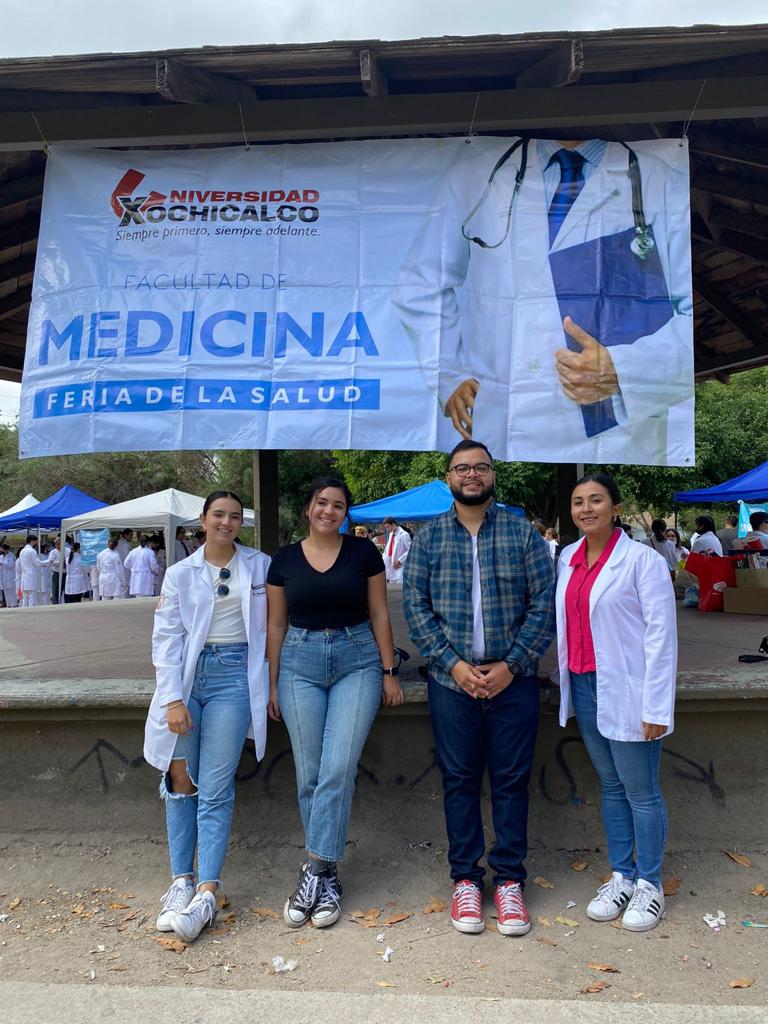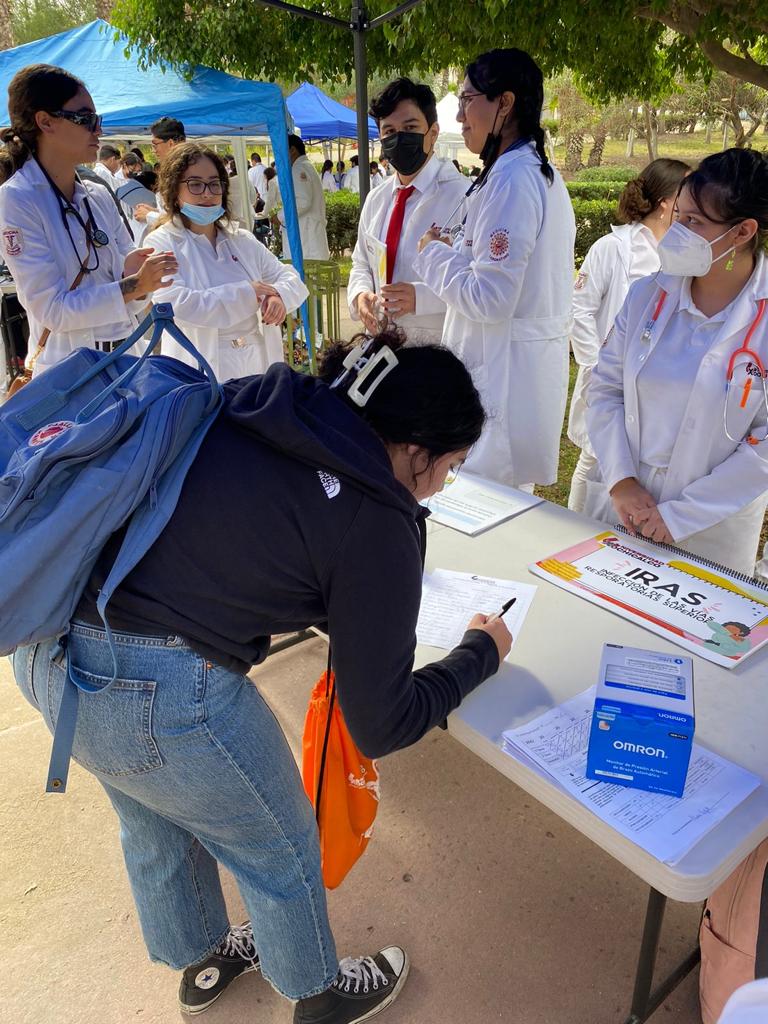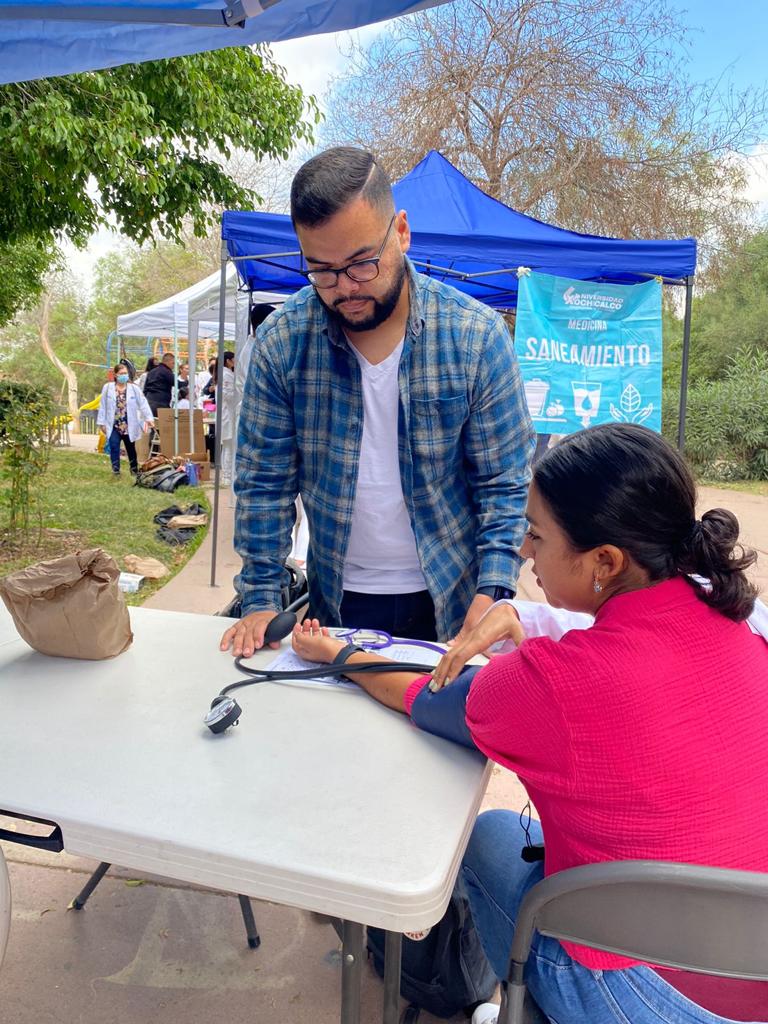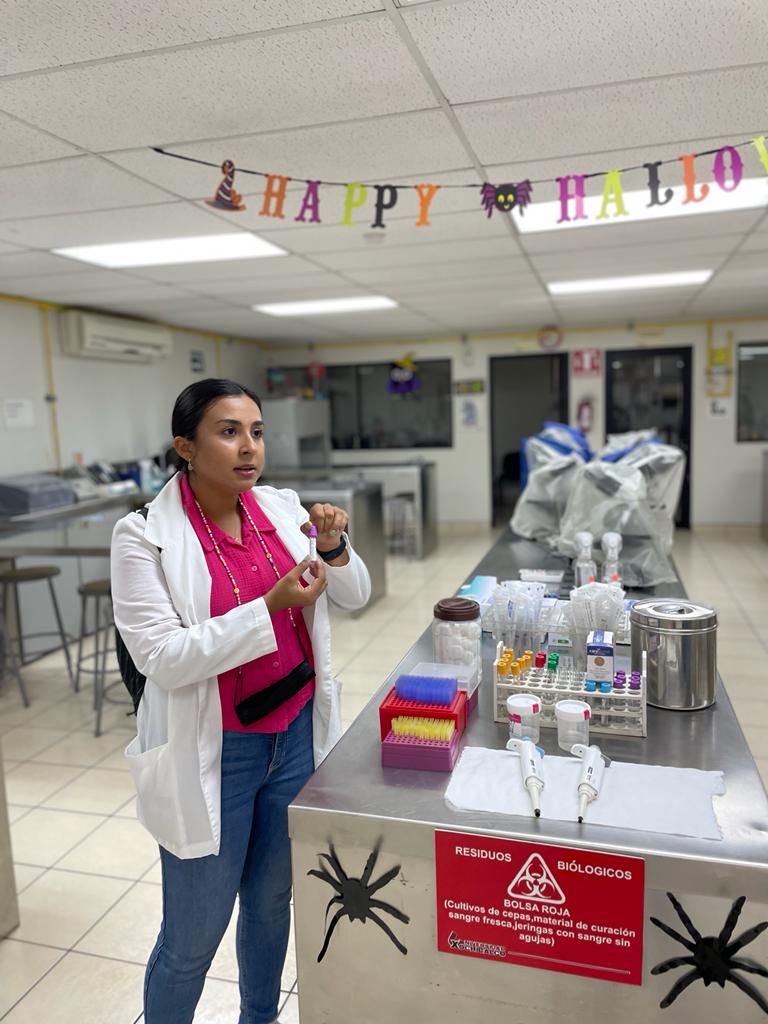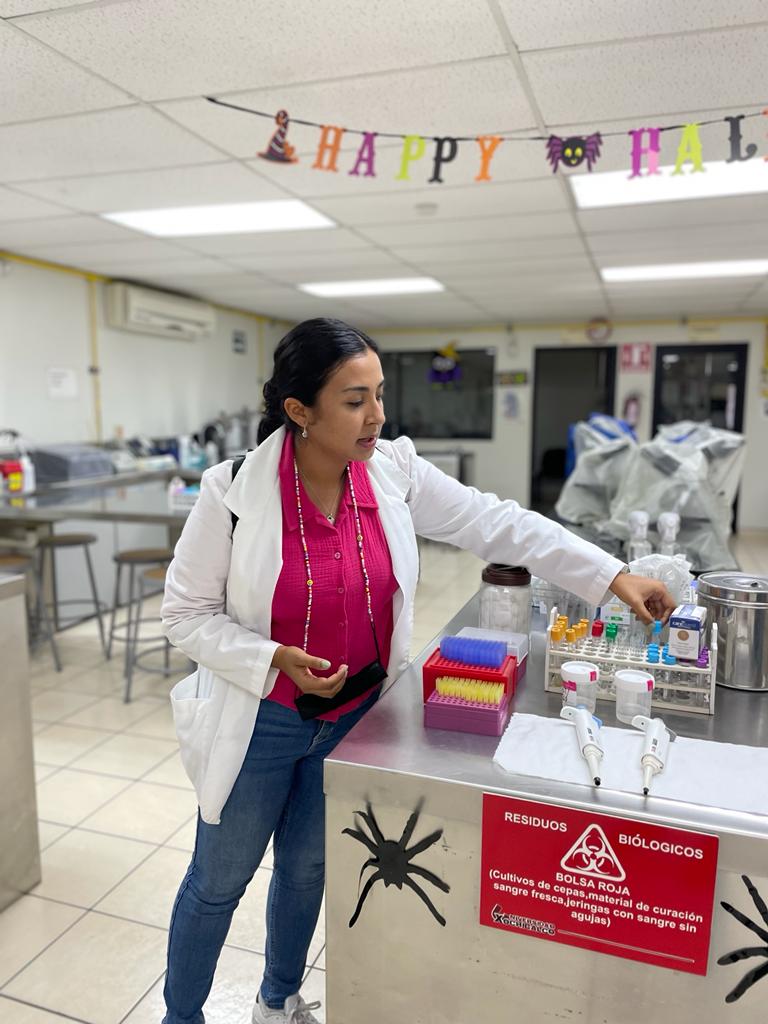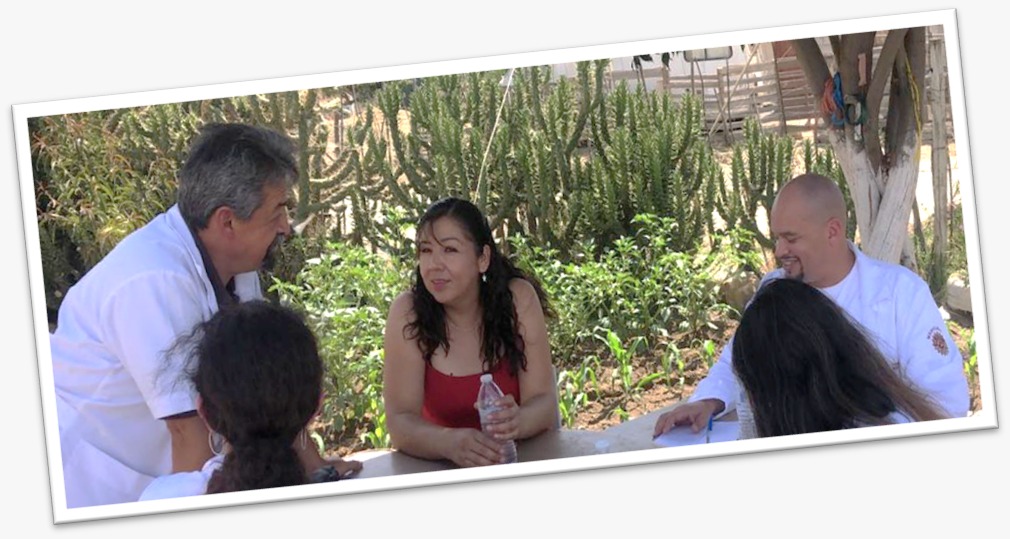
¡Cruza la frontera y acompáñanos a México!
Join us on our 1 & 2-day MedSpanish Immersion trips
Take an in-person class taught by an MD & Medical School professor at one of the most well-known SOMs in Northwest Mexico, Universidad Xochicalco.
Practice speaking through guided provider-patient role-plays with medical student peer mentors.
Shadow providers at local clinics and in underserved communities as part of Xochicalco’s Public Health & Community Medicine program.
Network with a medical school community and public health professionals while developing intercultural competencies.
Discover the delicious & varied gastronomy of Baja California, ¡qué rico!
Shadow providers at local clinics and in underserved communities as part of Xochicalco’s Public Health & Community Medicine program.
Network with a medical school community and public health professionals while developing intercultural competencies.
Discover the delicious & varied gastronomy of Baja California, ¡qué rico!

